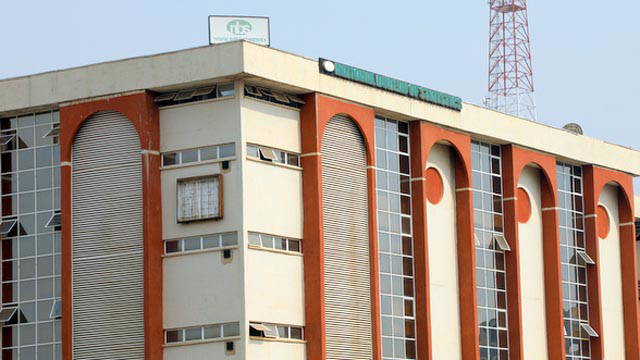Manufacturing companies paid N212.97 billion in income tax in the second quarter of 2024, Q2’24, up 414.12 percent Quarter-on-Quarter, QoQ, from N43.2 billion in Q1’24, despite their concerns about the hard operating climate.
The substantial QoQ increase in tax payments made by the enterprises during the review period coincides with the macroeconomic difficulties that businesses are facing, including the depreciation of the Naira, the scarcity of foreign exchange (forex), and energy issues.
But according to the National Bureau of Statistics’ (NBS) most recent Company Income Tax report for Q2’24, the amount decreased from N262.73 billion in Q2’2023 by 18.9 percent Year-on-Year (YoY).
Details about the sectoral contribution, however, reveal that the manufacturing industry came in second place with an 8.99 percent contribution to the government’s total Company Income Tax (CIT) revenue, which was earned over the period and amounted to N2.47 trillion.
With 15.5 percent of the total, the finance and insurance sectors made up the largest share. With contributions to the aggregate CIT of 7.84 percent and 6.92 percent, respectively, the mining and quarrying and information and communication industries ranked third and fourth, respectively.
Mr. David Adonri, Vice Chairman of Highcap Securities, is a financial analyst who speculates that the increase in tax income from the industry may have been caused by the revenue agencies’ effectiveness in collecting taxes as well as some companies’ better-than-expected performance in Q2’24.
“Some companies performed well in Q2 2024,” he said. Presco Plc, Okomu Oil Palm Plc, banks, and oil companies are a few examples. Consequently, their tax payments increased in comparison to the same time previous year. It’s also possible that tax collecting efficiency has improved.
Some businesses may have performed better because their product prices have increased rather than because they are producing more. “The majority of businesses that are closing their doors have low elasticity of demand and are largely dependent on imports.”


